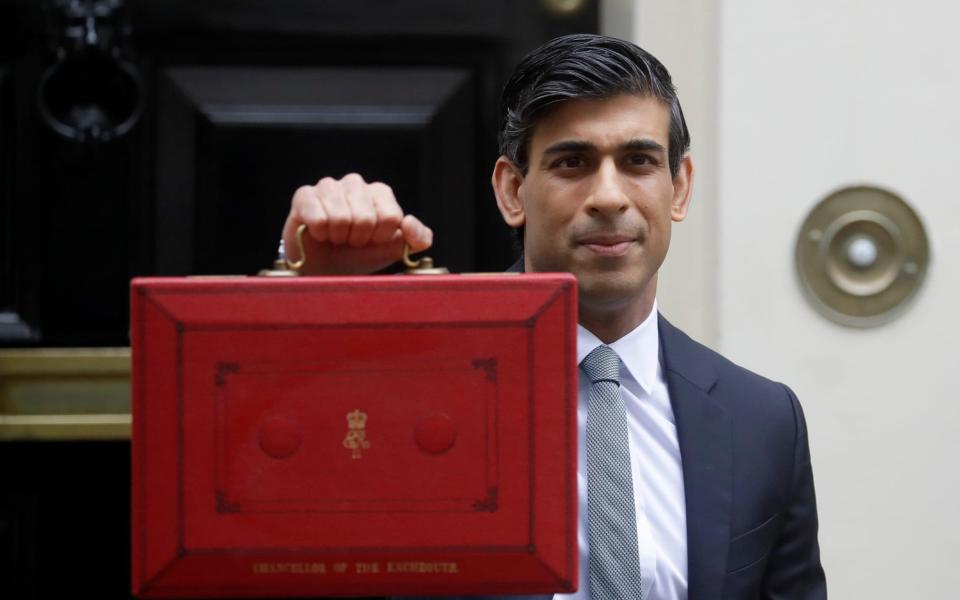Linking gilts to inflation ‘may save billions’ on rescue funding

Ministers could save billions of pounds and boost savers’ pensions by a switch to how the Government pays for the pandemic rescue package, according to research.
Consultant LCP claimed that the UK was “missing a trick” on how it financed borrowing plans by relying heavily on fixed-rate gilts, rather than opting for inflation-linked debt.
Next year, around 90pc of the expected £300bn of gilts will be fixed-rate, meaning investors are guaranteed a set return. For the remaining 10pc, payouts will vary depending on inflation – which is so low at present that the amount due is far less.
Borrowing has spiralled during the pandemic, with national debt surpassing £2 trillion. Public debt is now at its highest level since the early 1960s at 99pc of GDP.
In the current financial year, UK borrowing is set to come close to £400bn.
LCP said the interest rate which the Government was paying on fixed-rate gilts was currently much higher than on index-linked gilts, with the former yielding 1.4pc per year and the latter a rate of -2.1pc plus inflation. UK inflation was up at 0.7pc in January.
LCP said: “Even if the inflation rate turned out to be 2.5pc, this would still mean the taxpayer forking out 1pc less per year than on a fixed-rate gilt.
“Given the size and duration of government borrowing, such differences, repeated year after year, could make a real difference.”
It said the Government could decide to set a gap so the majority of gilts would still be on a fixed-interest basis, to allay fears a spike in inflation as the recovery took off may send its bills surging.
Meanwhile, pension funds would benefit as their own payouts to members are typically inflation-linked – so a switch by ministers would align with their objectives. Jonathan Camfield, a partner at LCP, said: “Britain’s pension schemes would be keen buyers of index-linked gilts and these could save the taxpayer money as well.
“With the Government needing to borrow huge sums in the coming years, it seems short-sighted not to issue more debt on an index-linked basis where the interest savings could be substantial. Issuing more index-linked gilts would be a win-win for the taxpayer, pension funds and the members they serve.”

 Yahoo Finance
Yahoo Finance 